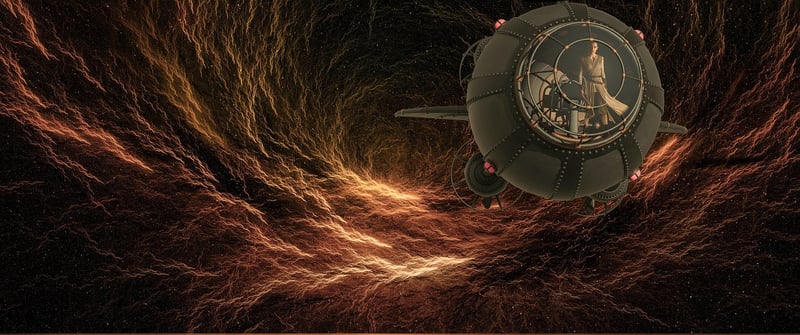Temporal Paradoxes
The Science Behind Time Travel and Temporal Paradoxes
Time travel has long captured the imagination of both scientists and science fiction enthusiasts. While time travel as depicted in movies like "Back to the Future" may seem like pure fantasy, the concept is rooted in some fascinating scientific theories.
Einstein's Theory of Relativity
One of the key foundations for the possibility of time travel is Albert Einstein's Theory of Relativity. According to this theory, time is relative and can be affected by gravity and the speed of light. This means that time can be experienced differently for two observers depending on their relative motion.
Wormholes and Black Holes
Wormholes are theoretical passages through space-time that could create shortcuts for long journeys across the universe or even time travel. Black holes, on the other hand, are regions of spacetime with gravitational effects so strong that nothing, not even light, can escape from them.
Temporal Paradoxes
One of the most intriguing aspects of time travel is the concept of temporal paradoxes. These paradoxes arise when the past is changed in a way that is inconsistent with the present. The famous "grandfather paradox" is a prime example, where a time traveler goes back in time and prevents their grandparents from meeting, thus preventing their own existence.
Relevant Images:

Conclusion
While time travel remains a theoretical concept with many hurdles to overcome, the science behind it is both fascinating and thought-provoking. As our understanding of physics and the universe continues to evolve, who knows what the future may hold for the possibility of traversing through time.
For more information on time travel and temporal paradoxes, check out Space.com's article on time travel.
